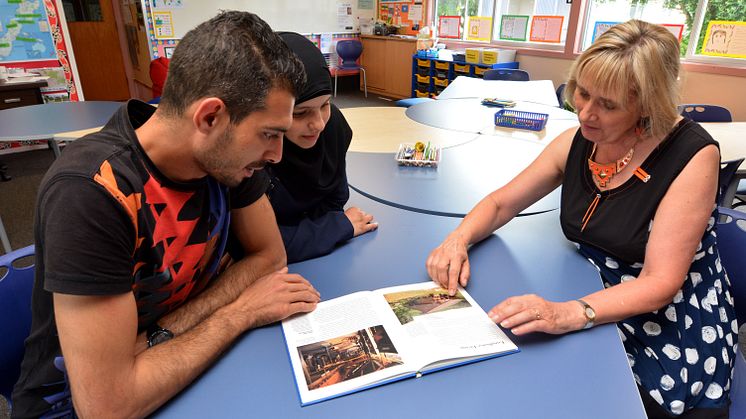
Press release -
Quality of life improving in Malta, but concerning issues on the horizon for young people
As Malta celebrates its Independence Day, we mark the day by sharing our research data, findings and analysis to provide a snapshot of living and working conditions in Malta today.
Eurofound has been monitoring and reporting on the improvement of living and working conditions in Malta, in comparison to the other EU Member States, since before accession to the EU.
In recent years, Malta has become synonymous with strong economic growth, low unemployment rates, a budget surplus and an expanding services sector.
Between 2012 and 2017, Malta's GDP increased by 26.4%, and unemployment fell for all categories to one of the lowest rates across the EU at 3.4%. In the same period, the average monthly basic wage increased by 16.7%.
Such economic success has in turn led to an improvement in quality of life, with life satisfaction and optimism for the future rising well above EU averages.
As quality of life improves, so too does the perceived quality of public services, becoming some of the highest rated across the EU.
Malta reports the highest quality rating for childcare services among the EU28 countries, reaching 8.0 in 2016. Similarly, quality of health services increased to 7.8 in 2016, above the EU average of 6.7.
Although optimism for the future is strong and public services are rated highly, there are some concerning issues on the horizon for Malta’s youth.
Eurofound’s recent report on Inequalities in the access of young people to information and support services shows young Maltese have the highest obesity rates, are the third most at risk of depression and have one the lowest educational attainment levels across the EU28.
It reported that one in five young people aged 18-24 in Malta is at risk depression, while 30% of males aged 15 years are classified as obese or overweight, just above that of their female counterparts at 25%, making young Maltese the most obese across the EU28.
Overall, economic growth and increased levels of employment have led to greater life satisfaction and optimism for the future, however investment in the health, wellbeing and educational attainment of young people is of particular importance in order to allow Maltese society to truly flourish.
See more of Eurofound’s research data and analysis of Malta here
Topics
Categories
For more information about Eurofound and its work, and free access to all our data and findings, visit our website and follow us on these social media channels: Twitter, LinkedIn, and Facebook.
For upcoming publications and events please see our Corporate Calendar 2019.







